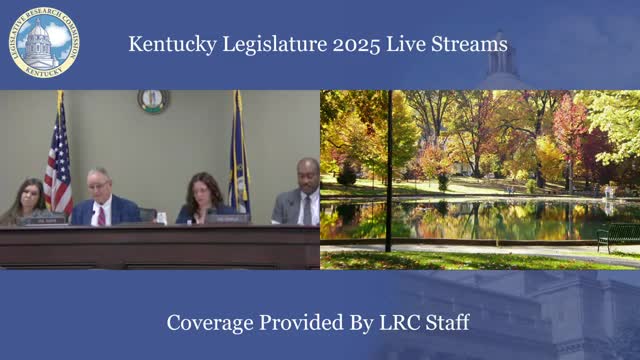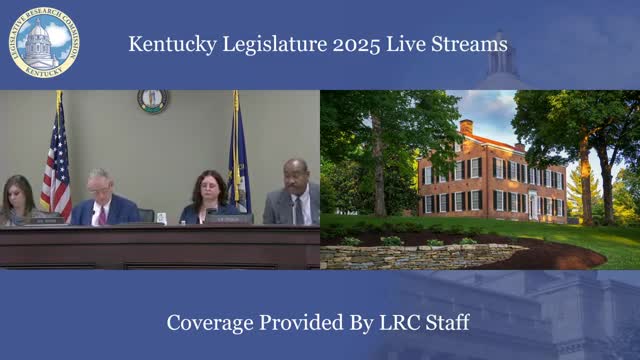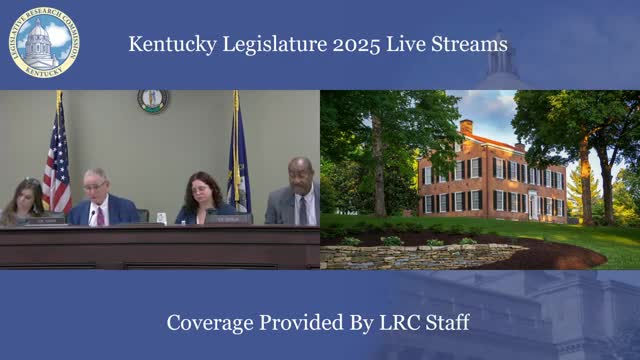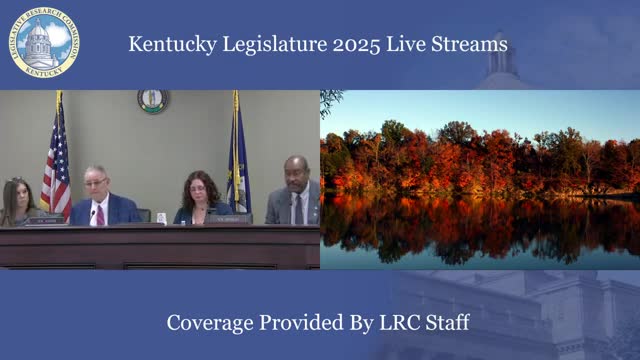Article not found
This article is no longer available. But don't worry—we've gathered other articles that discuss the same topic.

Committee advances bill to create driveaway plates for vehicle‑transport businesses

Committee approves ag‑tag bill to create commercial vehicle designation for agriculture

Committee backs bill to align CDL rules with federal regs, lower some hazmat endorsement ages

